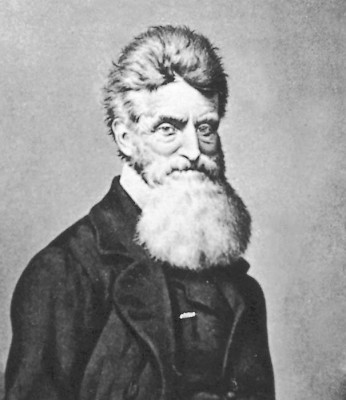I say, you can't blame Mark Galli, Editor of Christianity Today, for setting out to do what he says needs to be done. He's right, and it's a noble effort he's begun in the latest issue of the magazine (October, 2015). Christians today are all over the block when it comes divining God's will and Word in political issues especially, often quoting passage after passage in reference to and as proof of the righteous character of their own attitudes and aspirations.
It's not hard to be blackballed, not hard to be thought of as being sinfully contrary to God's word and thereby outside the circle of his love when the boundaries are set by those of opposite political persuasion. It's easy for people from both sides of the theological/political spectrum to be considered heretics and consider their detractors the same.
What Editor Galli says is necessary among Christians is a new look at orthodoxy (lower case), a new look at theology, a new "Battle for the Bible." For the most part, what separates Christians today isn't theology--it's not Roman Catholics vs. Protestants, or free-willers vs. predstinarians. Theology has been all but jettisoned from church life, or so it seems.
That disappearance needs to end, he says.
When I was a boy, the important questions at confirmation (we called it "Profession of Faith") were drawn from the Heidelburg Catechism, the doctrinal summary most Christian Reformed elders would have considered, a half century ago, the heartbeat of our witness.
Today, when kids (and they're often dramatically younger) make "profession of faith," knowledge of the catechism has just about totally disappeared and been replaced by "Do you love the Lord?"--a question whose best answer may seem most clearly decipherable in body language. Head knowledge is suspect. Heart knowledge is what elders want to see.
What's more, most evangelical churches today act alike, think alike, worship alike. We've become vastly more ecumenical than anyone could have guessed a couple decades ago. That convergence is a blessing. But it's also a curse; it yokes many fellowships to whatever fad waltzes playfully up the street or down the block. Today, in church and in life, what's preeminent is choice--ours.
We simply find ways to satisfy our desire to be "scriptural" by locating chapter and verse to substantiate what we already have determined to be true.
I couldn't agree more with Editor Galli:
We understand the temptation to talk about the Bible mostly in terms of "what it means to me" and its "practical application to daily life." But when this hermaeneutic dominates [italics his]--as it does today--Christianity becomes little more than self-help therapy. And it leaves people ignorant of Scripture's deeper meaning, and therefore unable to spot false teaching.I think the world of what he's proposing, but I'm not optimistic. We don't trust in authority of any kind today, save our own. Institutions of all kinds are tottering. Power has become, perhaps more than previously, a function of wealth.
At the same time, the internet has democratized everything. We all have our favorite websites. If don't, we create our own. We've abandoned the gate-keepers in every form of discourse. Galli's appeal is being read by a much smaller audience than CT probably had just twenty years ago.
Then again the Bible's own immense elasticity creates what seems to me to be a far larger tent than most of us would have pitched when Harold Lindsell edited CT and (in my context) The Banner arrived every week to an audience ready to tune in.
End times? No. Don't mistake me for Jeremiah. Besides, I hope he's successful. I hope some believers get together and work out how to read the Bible because basically I think he's right. We need to learn. Once again. It's that important.
Me too.



















